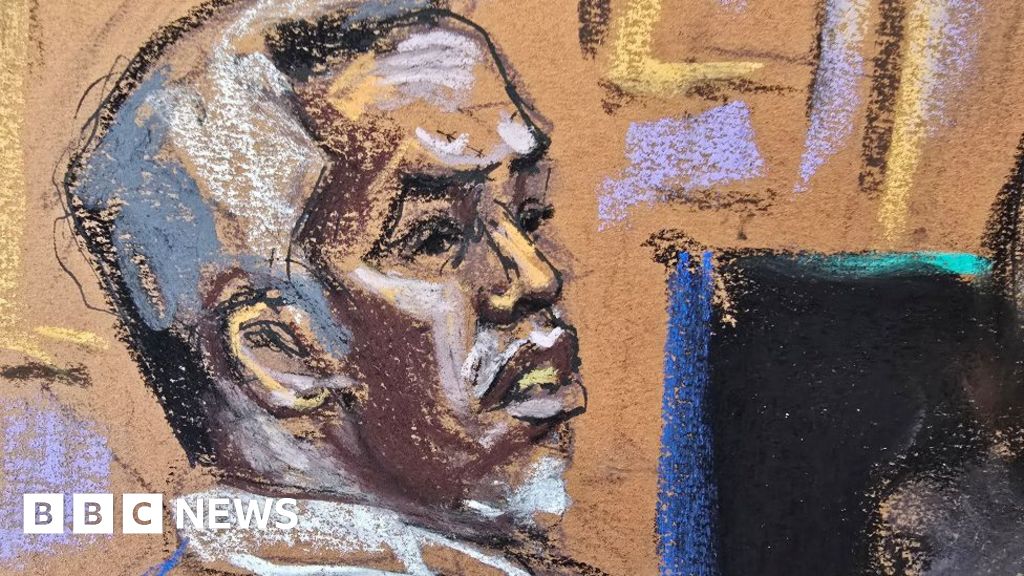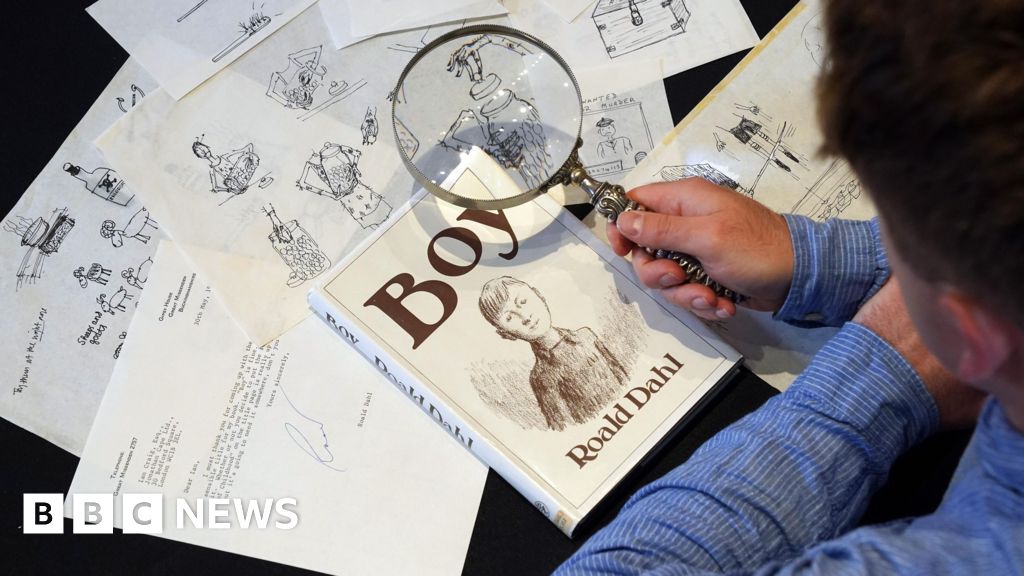ARTICLE AD BOX
 Image source, Harriet Hawkins
Image source, Harriet Hawkins
Harriet did manage to eventually get authentic tickets to see Harry Styles
By Charlotte Simpson, cost of living reporter & Manish Pandey
BBC Newsbeat
If you're a music fan looking for tickets to see your favourite artists, you'll recognise the desperate struggle of getting your hands on one.
Harriet Hawkins wanted to go to the final night of Harry Styles' tour at Wembley this year, knowing it would "be special".
After an unsuccessful hunt on Ticketmaster she searched elsewhere, eventually landing in a Facebook group chat.
But what the 20-year-old thought was a ticket to a one-of-a-kind night ended up being a scam.
Looking back, Harriet says she felt "kind of stupid, to be honest".
"It was definitely upsetting and I feel sorry for the people who are actually trying to sell tickets because now there are so many scams," she tells BBC Newsbeat.
BBC Newsbeat spoke to five banks - Lloyds Group, which includes: Lloyds, Halifax and Bank of Scotland, TSB and Revolut - who told us they'd seen an increase in music tickets scams reported to them this summer.
Compared with last year all five saw a two-and-a-half times increase, with most cases happening over Facebook and Twitter.
'Who can afford that for one ticket?'
Harriet, a student nurse from Hertfordshire, saw people selling tickets in the Facebook group she used that looked to be "100% a scam".
"Then I came across one girl who messaged me, seemed really genuine and was around my age," she says.
After seeing lots of concert videos on the girl's profile - including Harry Styles - Harriet responded to a message from her.
"The price of the ticket wasn't extortionate, but it wasn't so cheap that you'd think this isn't quite right," says Harriet.
She got a ticket confirmation and felt the seller had provided "all the proof she could possibly give".
"She didn't sound like a robot," says Harriet. "With some people you can tell they copy and paste messages and send them to everyone."
So Harriet sent £150 from her NatWest account - her app confirmed the account name she'd been given matched the seller's bank details - and received "a ticket attachment" for Apple Wallet.
Then she noticed "a couple of things that weren't right".
Image source, Supplied
Image caption,Can you tell which is real and which is fake?
"I had previous tickets, and I noticed that it didn't look like any of those ones," she says.
"The ticket number wasn't in the same format as any of my other Harry [tickets]."
After the seller claimed that was how she had received the ticket, Harriet clicked on the information icon, which linked to "an app to make Apple Wallet attachments".
Harriet messaged the seller a screenshot, and was blocked.
"I never heard from her again," she says.
Harriet's mum told her to contact her bank and, when she did, she was reimbursed within a few days. The bank also told her about another £100 stolen from her account.
Many banks, including NatWest and Lloyds, are signed up to the Contingent Reimbursement Model Code, which aims to reimburse people if they fall victim to an Authorised Push Payment (APP) scam "and have acted appropriately".
An APP scam is when a person is tricked into transferring money into an account operated by a fraudster.
So what might cause some of these scams to succeed?
Harriet feels the cost of seeing live music now means "people are looking for cheaper tickets".
"They are so expensive, and you go on places like Ticketmaster and resale tickets will be going for like a grand. Who can afford that for one ticket?"
Image source, CVC
Image caption,Tom (centre), a member of the band CVC, has been scammed before
For Welsh band CVC, more dates means "more of an opportunity for people to scam".
The band has been booked for gigs in the UK and abroad and, after drummer Tom Fry was scammed himself, they have tried to raise awareness.
"It definitely sucks," says Tom, 27. "It makes you sort of lose hope in humanity a little bit."
Guitarist Dave Bassey, 28, says last year the band got "flooded" with comments on their posts from people saying they had spare tickets to sold-out shows.
When fans fall for scammers and "pay good money for tickets", Dave says it is the band who get messages asking "what's going on here?".
Dave says there isn't much that can be done beyond warning fans and deleting suspicious comments about resales.
Emily Seymour from consumer group Which? says she is not surprised by these stories because of the scale of financial fraud in the UK.
"When it comes to ticket sales, particularly, we know that fraudsters and scammers are always looking for anything that they can hook in victims with," she says.
She agrees with Harriet that the price of tickets helps to create a "perfect environment for scammers to thrive".
"Because they know that you really want tickets, you're willing to spend a lot of money on them and you're maybe likely to try and find them."
Emily says social media is a prime place for people to almost "groom victims" and win their trust.
How to spot scams online
Emily has advice on what you can do to avoid being conned.
- Look at when profiles have been set up and what follower counts are like
- Do a reverse image search of their profile image and any pictures of tickets to make sure they aren't stills from the internet
- Avoid things that seem too good to be true
- Don't feel pressured into making a snap decision, especially with lots of money at stake
- Stick to official retailers when buying tickets
If you've been affected by this story, you can find help and support on BBC Action Line.

 1 year ago
33
1 year ago
33








 English (US) ·
English (US) ·